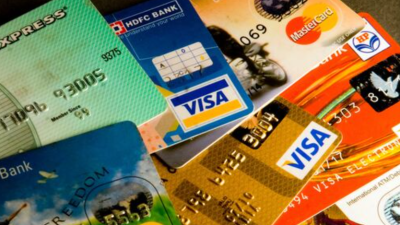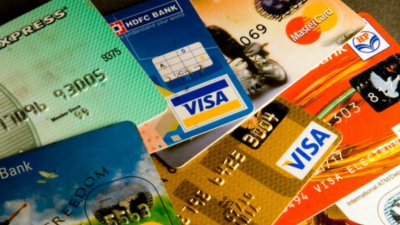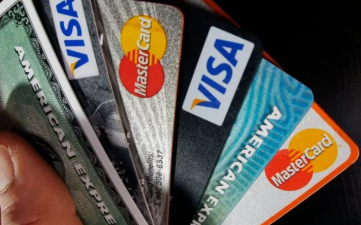
Using credit cards has its advantages and disadvantages. From a dialectical perspective, credit cards are like a sharp, double-edged sword: they offer both convenience and the potential to harm the cardholder's financial well-being.
The Origins of Credit Cards
The prototype of credit cards can be traced back to the early 20th century in the United States. Initially, department stores offered "credit certificates" to attract customers, allowing regular customers to record their purchases and settle their bills regularly. In the 1950s, banks officially stepped in, developing them into a cross-merchant and cross-regional payment tool. Its core principle is "spend now, pay later," essentially providing short-term credit loans to users.

Credit cards reshape consumer psychology through three mechanisms:
- Pain-desensitization: Swiping a card eliminates the physical sensation of paying with cash, and the brain's dopamine rush remains unchecked, making it like shopping with an "invisible wallet." Studies show that credit card users spend an average of 12%-18% more than those who pay with cash.
- Mental Account Distortion: Treating "credit limits" as disposable income creates a "virtual illusion of wealth." Just like gamers treating in-game currency like real money, they unknowingly overspend.
- The Instant Gratification Trap: Installment payments break down large expenses into smaller goals like "just a few hundred yuan per month," activating the brain's short-sighted decision-making system. This is like using candy to trick a child into ignoring the cavities that come with overeating.

Rational Breakthrough: Build a Financial "Immune System"
To face the potential risks of credit cards, ordinary people need to build three lines of defense:
- Cognitive Firewall: Understand that an "18% annual interest rate" means an investment must achieve a 22% return to cover costs (taking taxes into account), while Warren Buffett's average annual return is only 20%.
- Behavioral Firewall: Adopt a "single-card limit" strategy, setting a credit card limit at 30% of your monthly income. This acts as a safety valve for your spending urges.
- Emergency Reservoir: Store at least 3-6 months' worth of living expenses in cash to avoid using credit cards for unexpected expenses.
